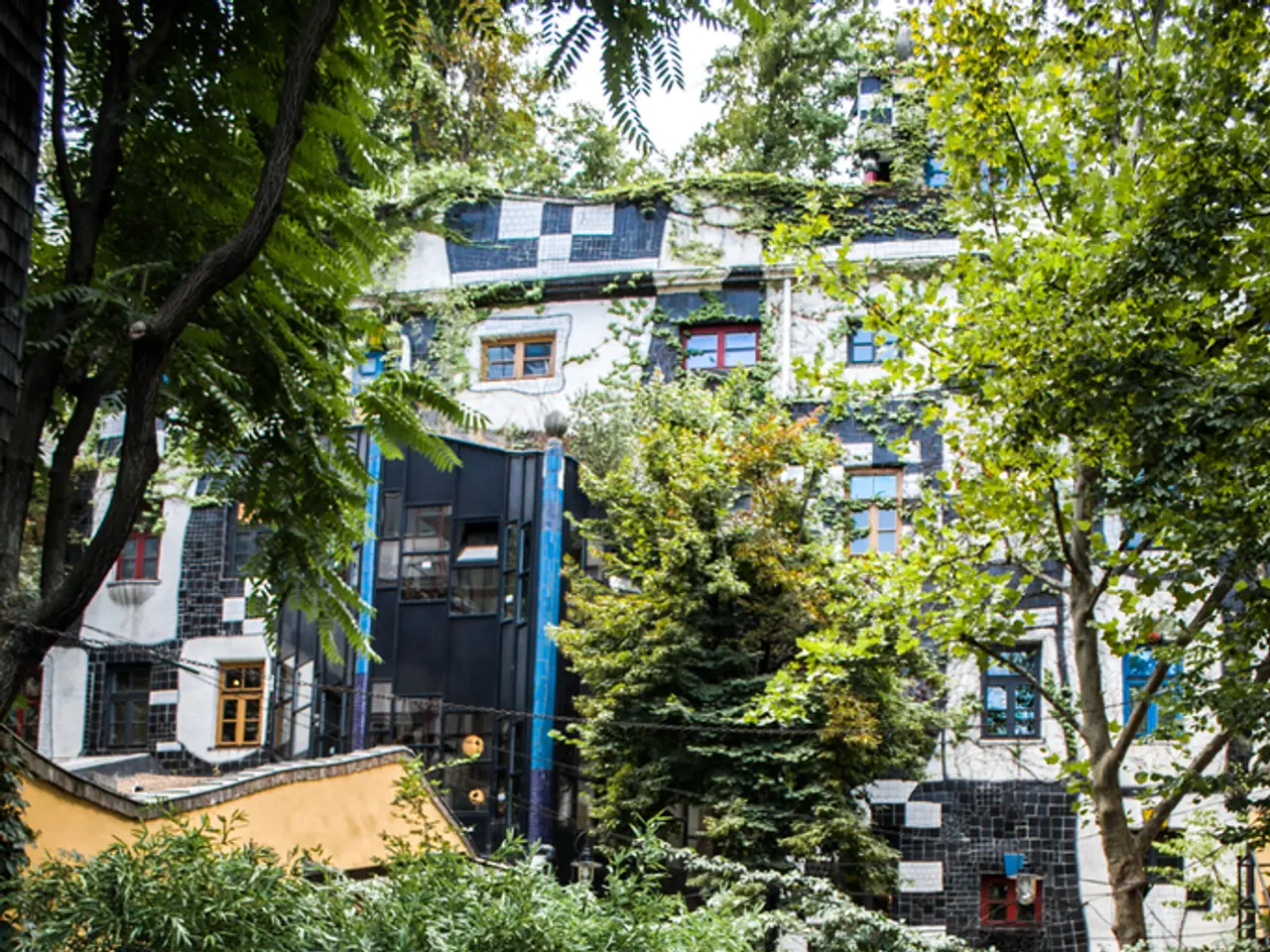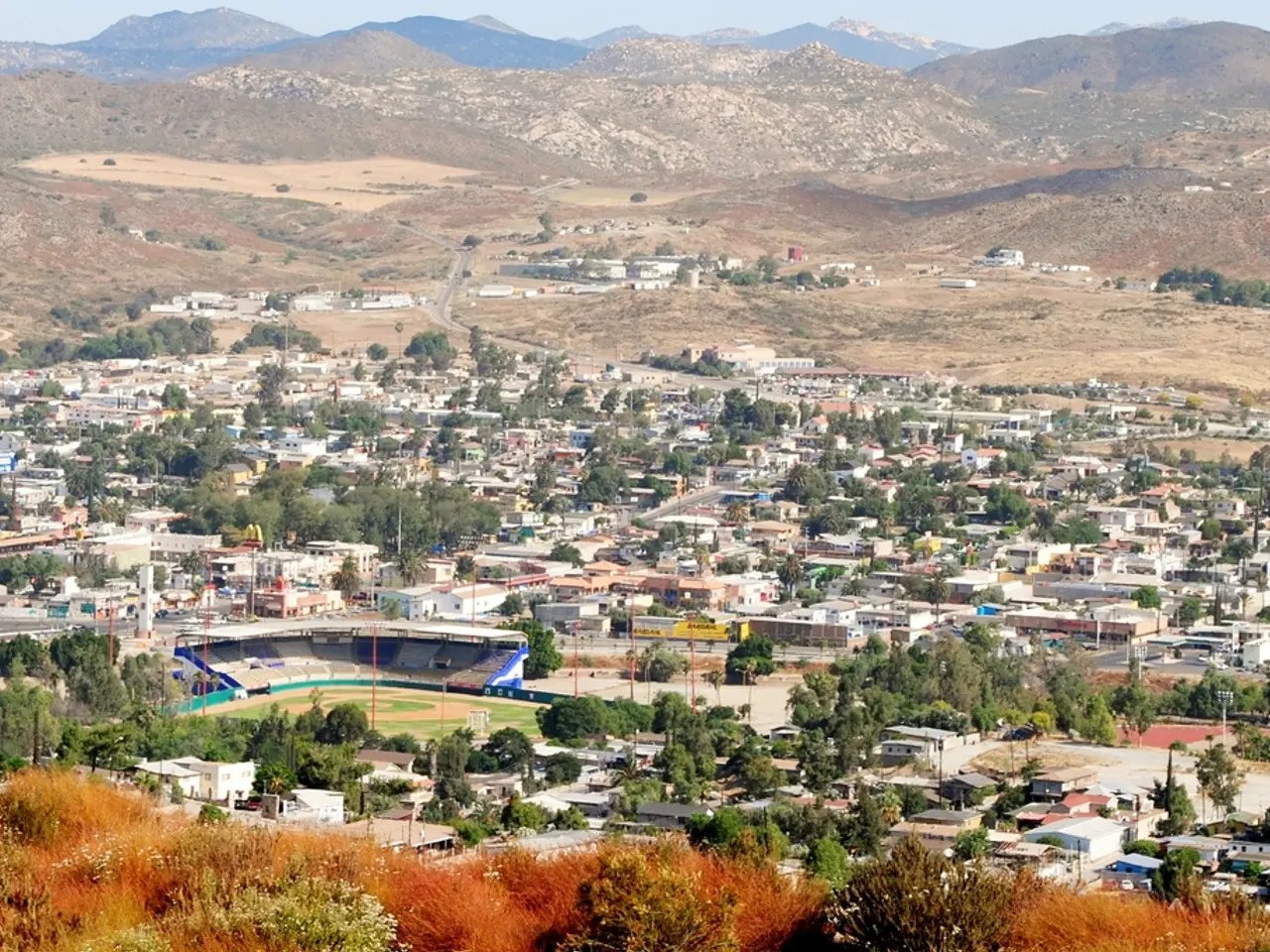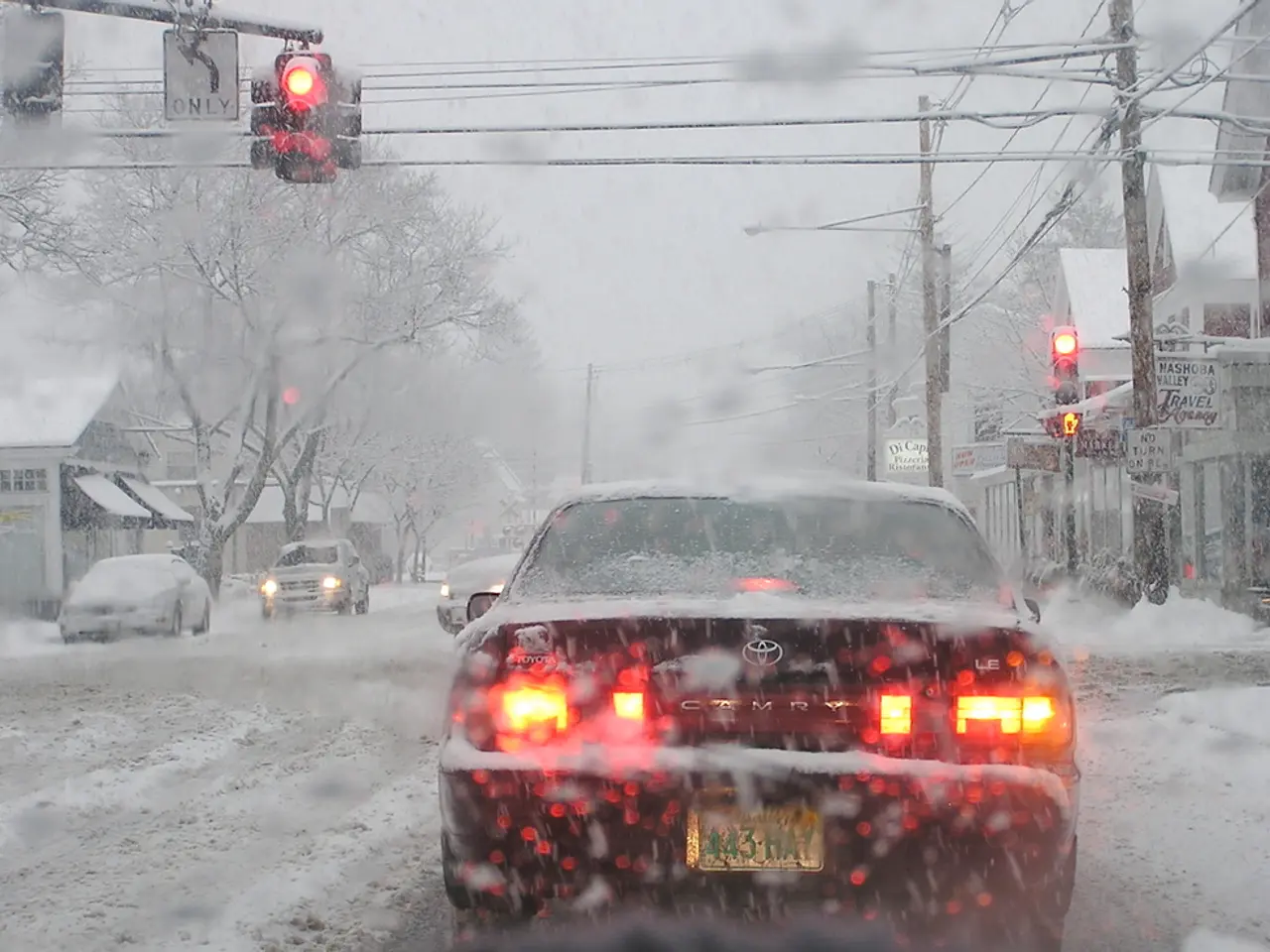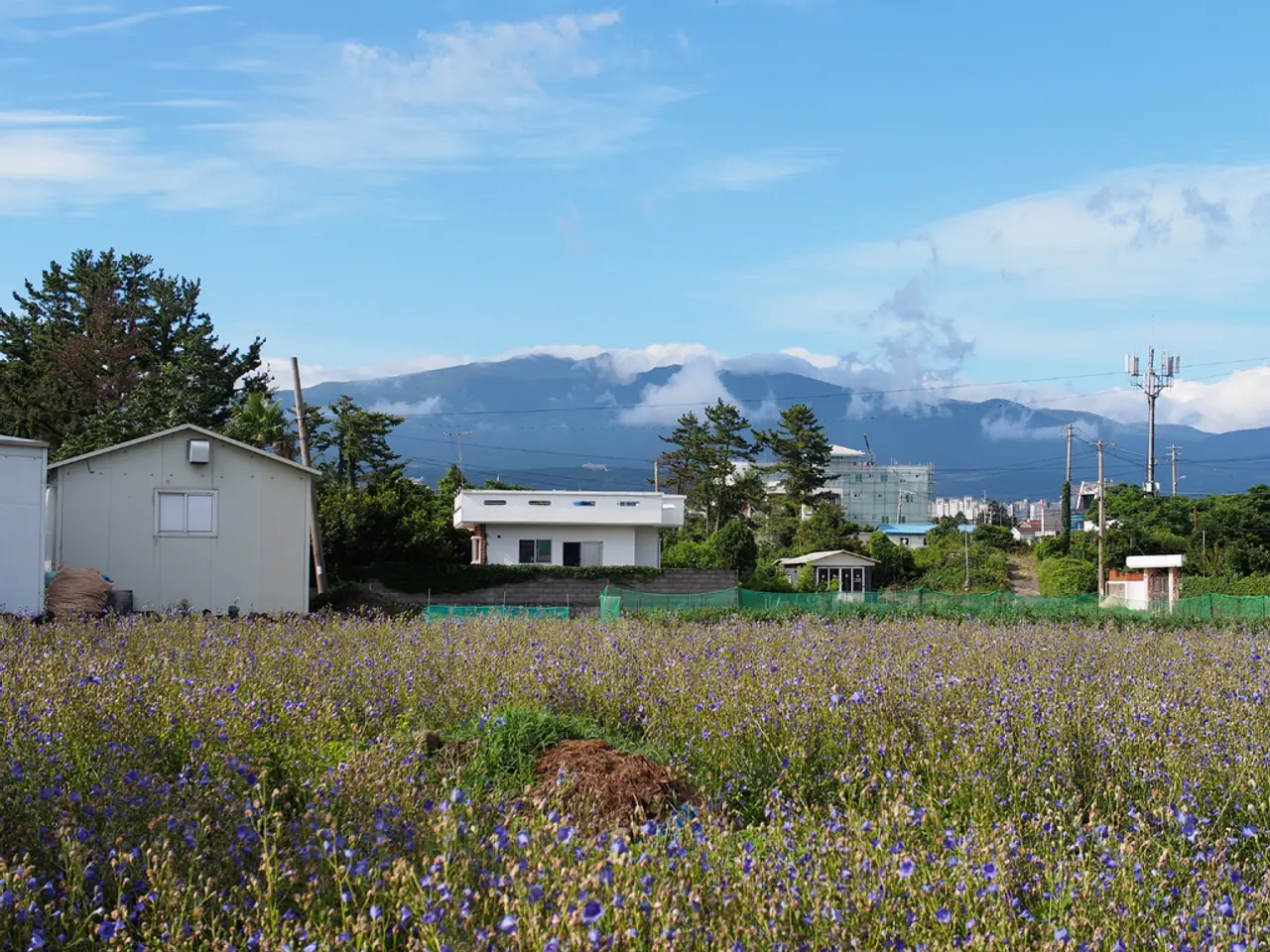"Prudent and Coalition-bound"
Refresh: Henkel and Düsseldorf's Eco-Friendly Partnership
Taking a Step Towards a Greener Future
Henkel, a global leader in consumer goods, and Düsseldorf's municipal utilities are teaming up to create an eco-friendly revolution. This partnership aims to efficiently utilize Henkel's industrial waste heat, converting it into district heat for Garath and Benrath - significant Düsseldorf districts.
Long-Term Vision, Short-Term Benefits
Construction on the pipeline kicked off in November 2022, with Henkel's waste heat feed-in slated for the end of 2024. The initiative serves a dual purpose: it'll help the municipal utilities decrease their natural gas consumption, leading to an annual reduction of around 6,500 tons of CO2 emissions for Düsseldorf. That's equivalent to planting more than 1.5 million trees!
Climate Champion Visionaries
Julien Mounier, CEO of Düsseldorf's municipal utilities, called the collaboration a "significant investment in climate protection." He continued, "Our goal isn't just about saving money. We want a livable and economically viable city, and this partnership epitomizes the balance between ecology and economics."
Dr. Daniel Kleine, Henkel's President Germany and Site Manager, Düsseldorf, echoed Mounier's sentiments. "We're not just supporting our home city's energy needs, but also fueling a collaborative approach to climate change. By recycling industrial waste heat, we're setting an example for sustainable, long-term solutions."
Heat Sector: A Climate Change Game-Changer
The heat sector holds the key to substantial emissions reductions. With Düsseldorf's district heat partially sourced from waste incineration and biowaste, and 50% of Garath's district heat generated from renewable fuels like waste wood, this partnership promises to divert more industrial waste heat into the district heating network.
Currently, the majority of Düsseldorf's district heat is generated via combined heat and power gas-fired power plants, like "Fortuna". This increases fuel efficiency to a staggering 85%, making "Fortuna" one of the most efficient gas-fired power plants worldwide. District heating produced from power plants with such high efficiencies equals renewable energy in new buildings.
A Green City on the Rise
Düsseldorf's strategic partnership with Henkel signals their commitment to sustainability and industrial innovation. By embracing a greener energy model, Düsseldorf not only lower its carbon footprint but also secures a more sustainable energy future for its industries. This partnership sets a powerful example, encouraging other cities to follow suit in the fight against climate change.
- In light of the partnership, investment in renewable energy becomes crucial for the city, with Henkel's industrial waste heat conversion a step towards a greener future in the science of environmental-science.
- The initiative's financial implications are noteworthy as well, as the reduced natural gas consumption for Düsseldorf leads to potential savings, while simultaneously contributing to the industry's transformation towards sustainable solutions.
- The collaboration between Henkel and Düsseldorf's municipal utilities not only encourages the use of climate-change-combating district heat but also serves as a significant example for other cities in the realm of finance and investment in eco-friendly projects.
- With reduced CO2 emissions and the increased usage of renewable-energy sources, Düsseldorf's partnership with Henkel promises to position the city as a pioneer in the fight against climate change, further propelling industrial development while preserving the environment.



